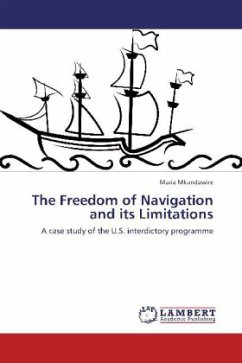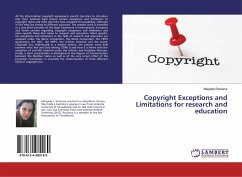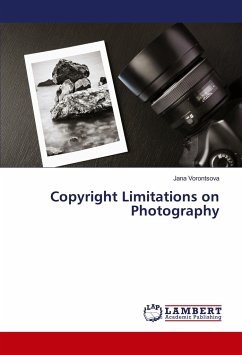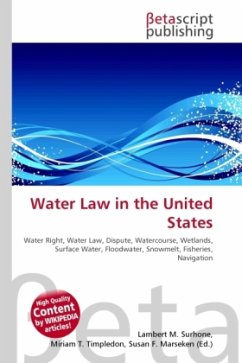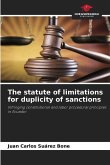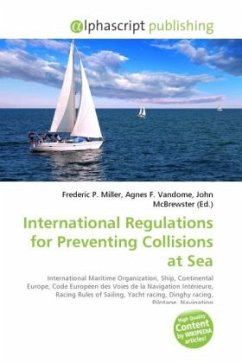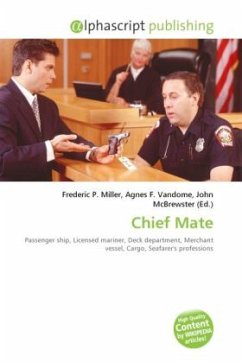From the earliest of time, the high seas were open to free and unrestricted use by all. The rule of customary law that was subsequently codified in 1982 was that the high seas were open to all States and no State could validly purport to subject any part of them to its sovereignty. From this doctrine, it follows therefore, that no State has the right to prevent or interfere with ships of another State from using the high seas for any lawful act. Exceptions are provided for under international law when States are at liberty to interfere with vessels of other States sailing on the high seas. In cases, for instance, where unlawful acts are suspected, such as piracy or slave trade. In 1981, however, the United States government introduced an interdiction programme against Haitian flag vessels on the high seas, to stop the flow of Haitian immigrants from entering the United States who were regarded as a serious national problem detrimental to the interests of the United States. The interdiction programme involved boarding and searching vessels in international waters, and was questioned by international law practitioners. This book reviews the legality of the United States programme.
Bitte wählen Sie Ihr Anliegen aus.
Rechnungen
Retourenschein anfordern
Bestellstatus
Storno

